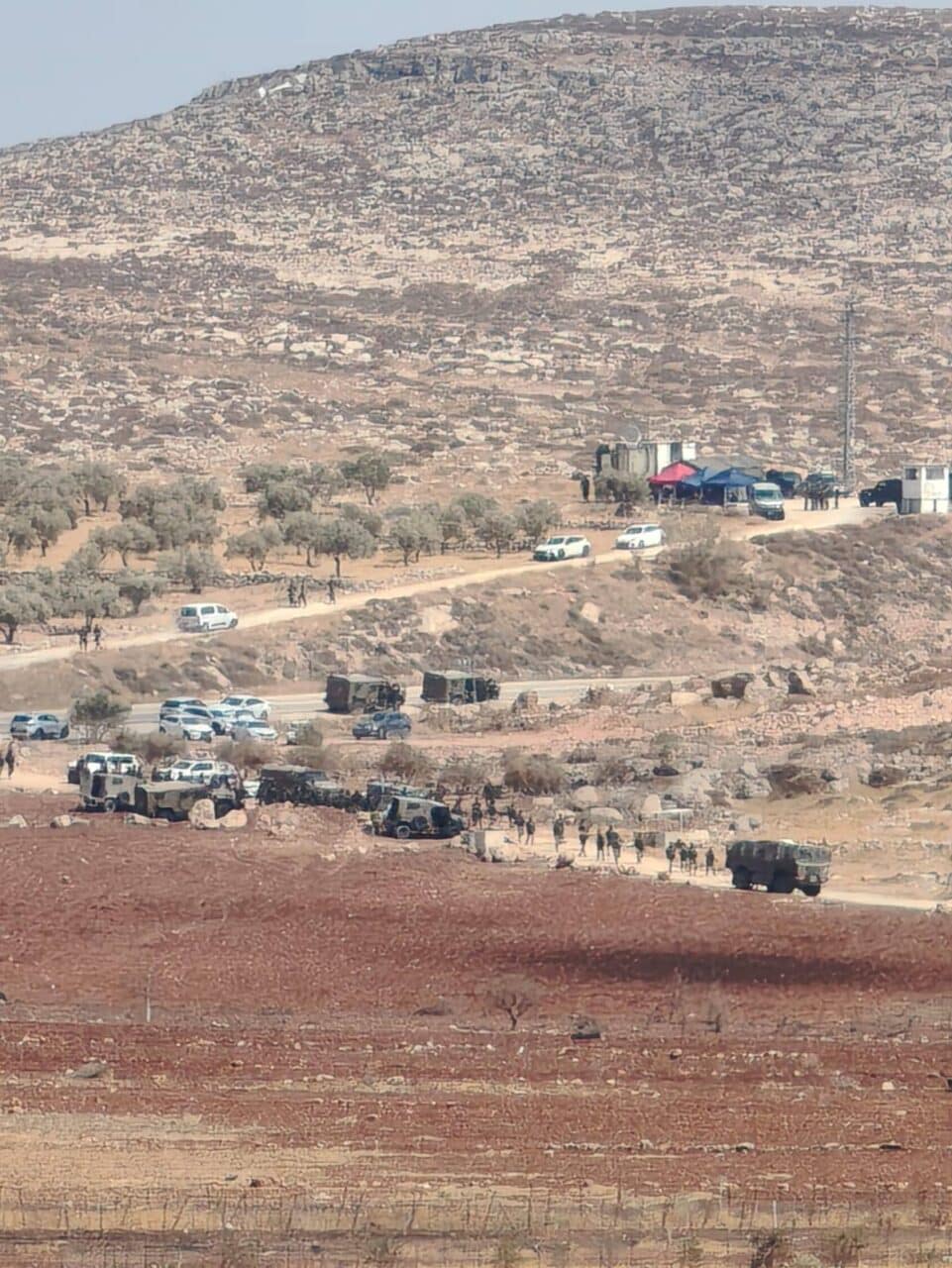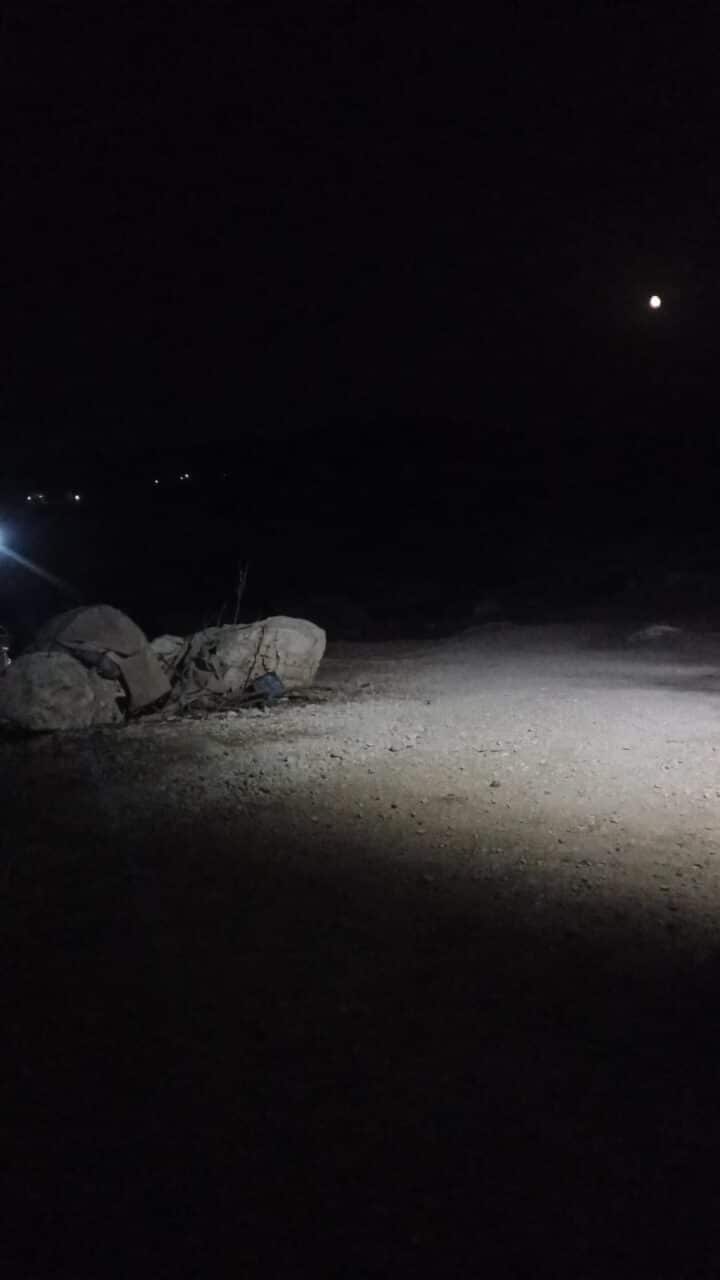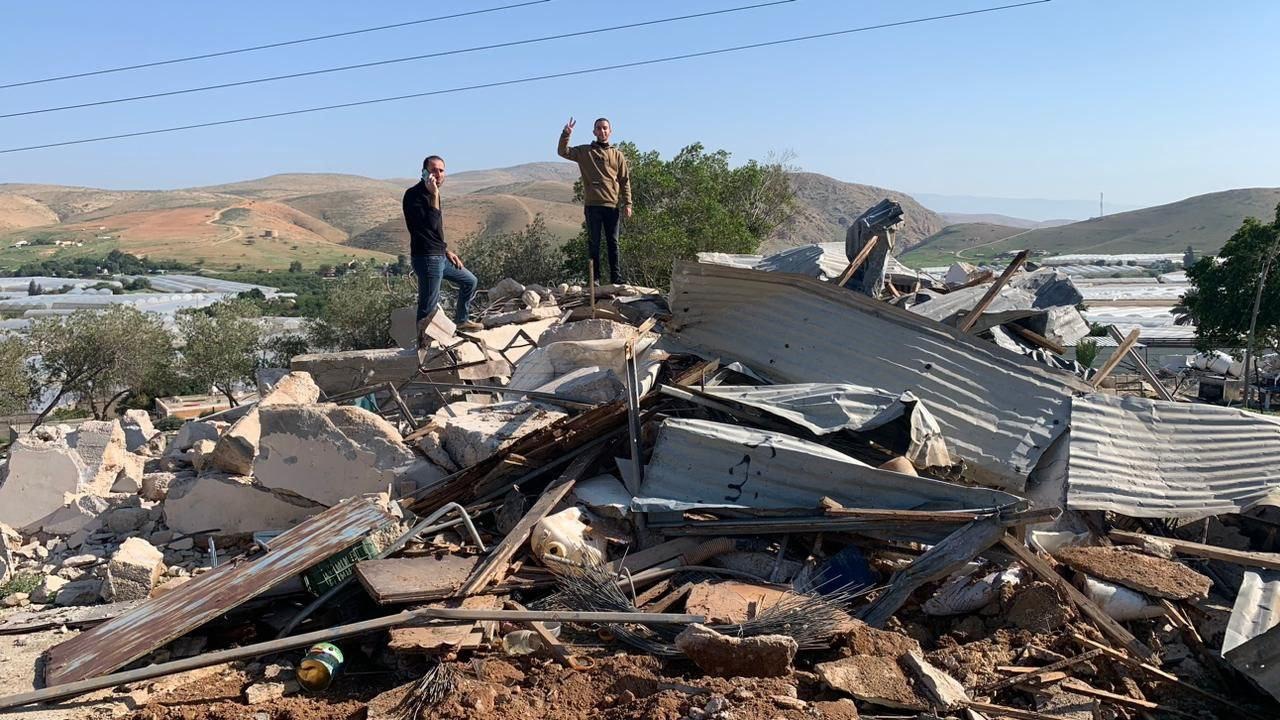Tag: settler attacks
-
Settler-led siege Imposed by Army on Al-Mughayyir
August 22, 00:30 a.m. On the morning of August 21, 2025 a settler claimed that he was shot and beaten in the Eastern Plains of the town of Al-Mughayyir, part of which was recently stolen from Palestinian owners by illegal settlers. This strategy of false accounts and accusations is part of the settlers campaign that enables…
-
Armed Settlers Terrorize Ibziq, Assault ISM Volunteers
On the night of August 11th, two ISM volunteers were assaulted, beaten, and robbed by a mob of at least eight armed settler reservists dressed in full military-style uniforms in the rural shepherding village of Ibziq. The volunteers were engaged in protective presence, which includes documenting illegal intrusions into Palestinian communities and recording and opposing…
-
Human rights abuses in the Jordan Valley
29 December 2023 | International Solidarity Movement | Jordan Valley The following article is a snapshot of how life is under occupation and brutal settler colonialism for the Palestinian communities in the Jordan Valley. These incidents are just some that took place on one day (Friday 29th December). Israeli Occupation Force (IOF) soldiers, along with…



